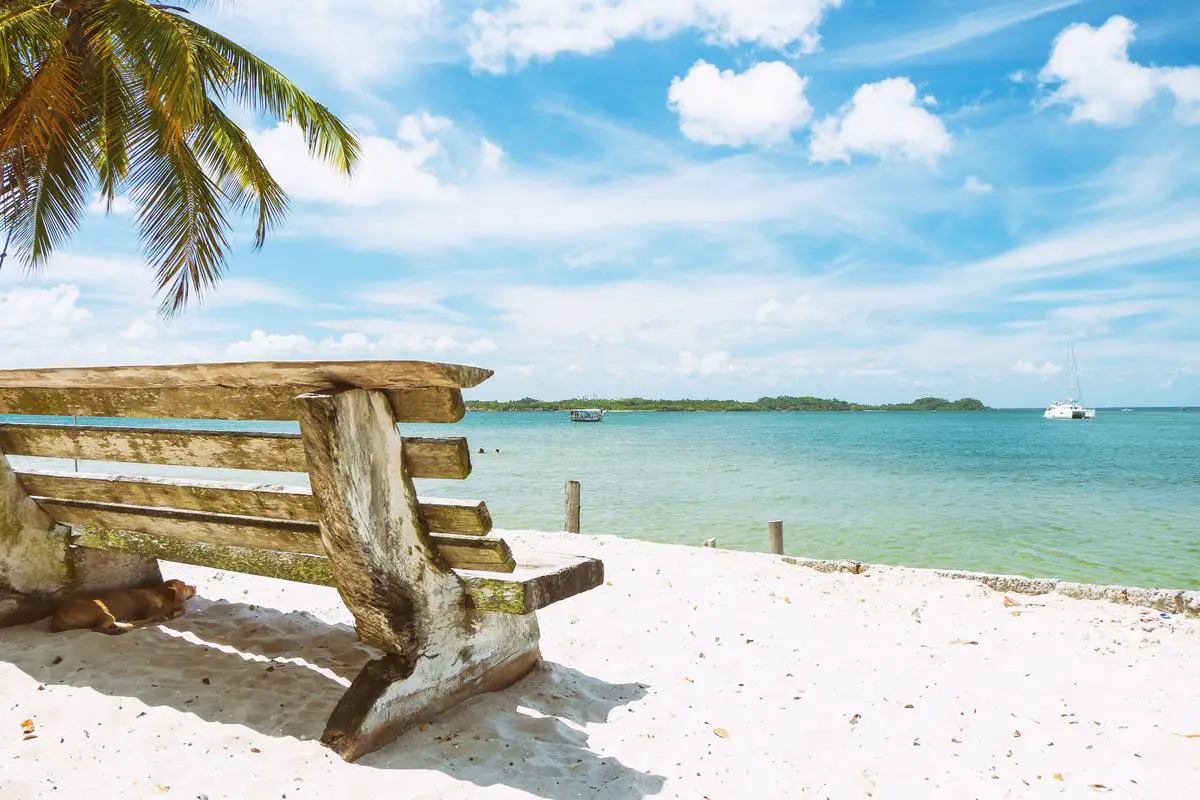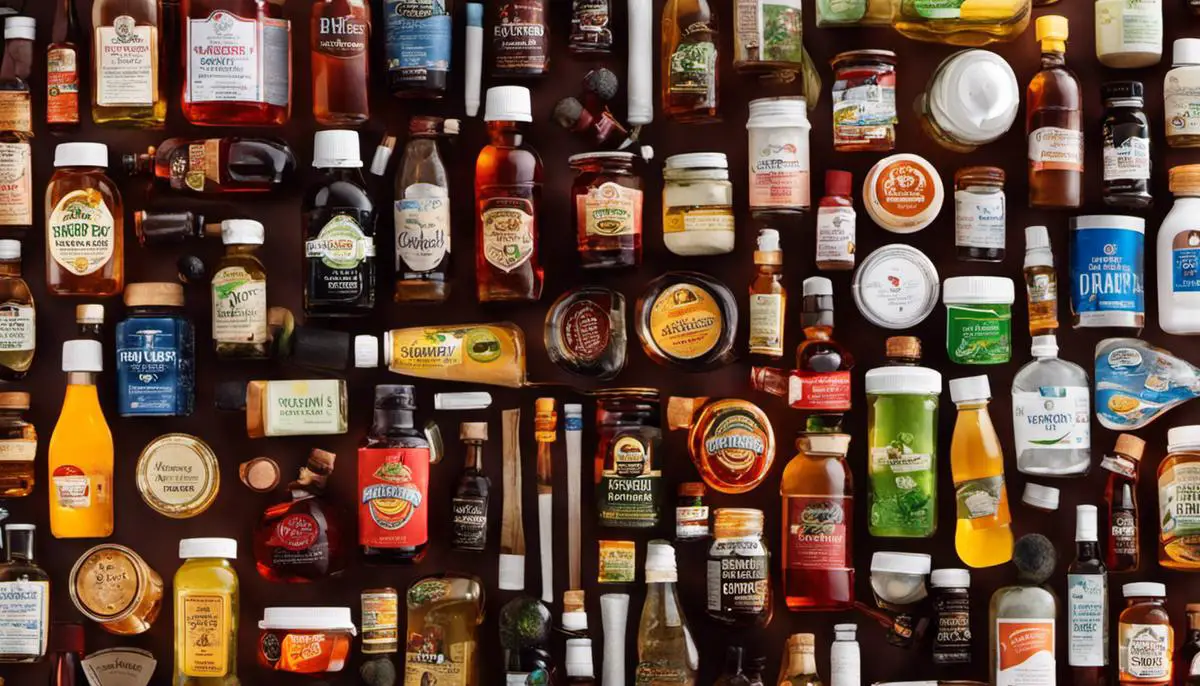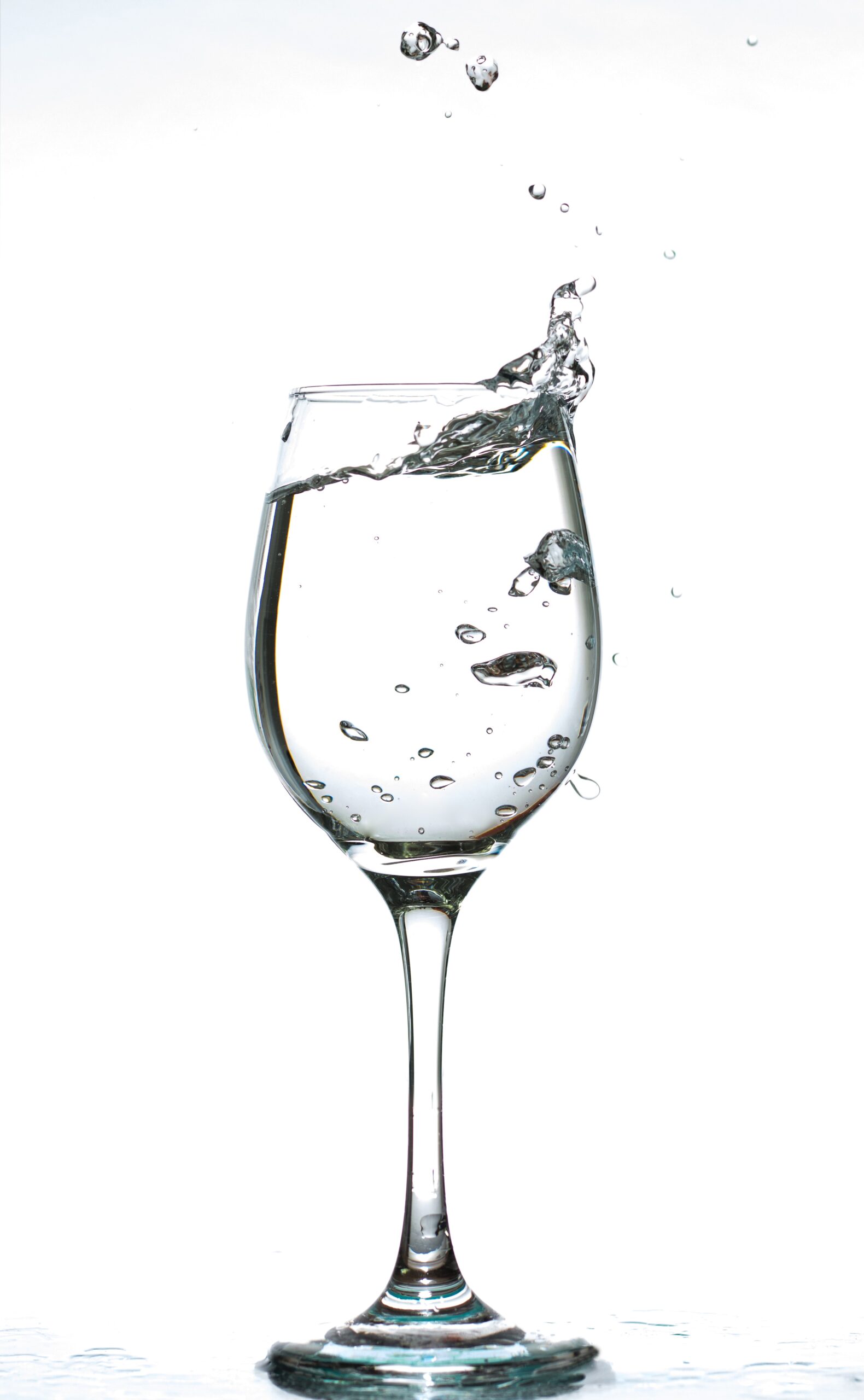The veiled complexities that shroud the human body are far and wide, with one of the less-severe, but often problematic issues of debate being the common hangover. A companion to those who may partake a little too much in the revelries of a night out, the hangover, and its purported remedies, have been a source of speculation and anecdotal evidence. This article seeks to shed light on the science behind hangovers, their causes, and symptoms, and critically examines the widespread belief that drinking water can cure this aftermath of alcohol consumption. Moreover, importance is placed on understanding the role of hydration in our bodies, and how this factor plays into our experience of a hangover. So, if you’ve ever found yourself searching for a hangover cure after a night of overindulgence, read on to know if the remedy was as simple as reaching for a glass of water.
Understanding Hangovers: Causes and Symptoms
Understanding Hangovers: Causes and Symptoms
A hangover refers to the group of unpleasant symptoms experienced after alcohol intake. The symptoms can range from mild discomfort to severe nausea and fatigue. It starts when your blood alcohol content drops significantly and is at its worst when it falls to about zero.
Alcohol induces several biological processes that lead to hangover symptoms. It is a diuretic, meaning it makes you urinate more and can lead to dehydration. Alcohol can also trigger an inflammatory response from your immune system. This response triggers agents that produce symptoms like a lack of appetite, difficulties concentrating, and memory problems. Moreover, alcohol increases stomach acid production and slows the rate at which the stomach empties itself – a combination that can lead to nausea, vomiting, or abdominal pain.
Common symptoms of a hangover include fatigue and weakness, excessive thirst and dry mouth, headaches and muscle aches, reduced ability to concentrate, mood disturbances, such as depression, anxiety, and irritability, increased sensitivity to light and sound, and disturbances in sleep patterns.
Can Drinking Water Alleviate Hangover Symptoms?
While one may hope for a quick fix for the discomfort of a hangover, such as simply rehydrating by drinking water, it’s not quite that simple. Although water consumption can help restore fluid balance in the body and may alleviate some common hangover symptoms due to alcohol’s diuretic effect, it cannot act as a complete “cure” for a hangover.
Drinking water during the times leading up to, in the midst of, and post consuming alcohol can potentially hinder the effects of dehydration. A method such as pairing every serving of alcohol with a glass of water can counteract fluid loss. Supplementing this practice with water consumption before bed or throughout the night can further mitigate dehydration and its connection to hangover symptoms.
Nonetheless, dehydration isn’t the only culprit when it comes to hangovers. Other factors, such as alcohol’s impact on the liver, blood sugar fluctuations, and body-wide inflammation, also contribute toward hangover symptoms. Water consumption doesn’t directly alleviate these concerns.
Furthermore, consuming water could potentially help control the amount of alcohol consumed by alternating drinks. This strategy may help reduce the amount of alcohol consumed and subsequently lessen the severity of a hangover.
Conclusively, though water can help manage hangover symptoms to some extent, the most foolproof way to avoid a hangover completely is abstinence or moderate consumption of alcohol. Leading a balanced lifestyle with proper sleep, food, and self-care also help ensure reduced susceptibility to hangovers.

Photo by aidanformigoni on Unsplash
The Role of Hydration in the Body’s Processes
The Role of Dehydration in Hangovers:
Dehydration is insidious; many people grapple with its effects every day without knowing it. Our bodies, composed predominantly of water (around 60%), require adequate hydration for numerous important functions such as temperature control and nutrient distribution. Any misbalance between fluid intake and fluid loss, where loss exceeds intake, results in dehydration.
Alcohol, possessing diuretic properties, tends to exacerbate dehydration by prompting increased urine output. This leads to an accelerated loss of necessary fluids and salts, pushing the body further into dehydration. Understandably, many symptoms associated with hangovers like dry mouth, fatigue, dizziness, and headaches are essentially your body’s signals of dehydration and its urgent need for hydration.
Water: Antidote or Hype?
The question then is, can water cure hangovers? First, it is important to understand what ‘cure’ really means. If by cure, we mean completely reverse all the physical discomforts that come with heavy drinking, then sadly, water doesn’t have that superpower. However, rehydration is a crucial step in alleviating the symptoms of a hangover.
A common advice is to alternate your alcoholic beverages with glasses of water. This strategy helps to prevent dehydration and minimizes the next day ailments associated with hangovers. Drinking a good amount of water before going to bed after consuming alcohol can also minimize the magnitude of your hangover as you are replenishing the water lost by the alcohol’s diuretic effect.
Beyond Hydration
However, hydration is just one part of the equation. The body also needs time to process the alcohol in your system. No amount of water can speed up this process. Rest and a balanced diet are crucial for the body to recover from the effects of excessive alcohol consumption.
In addition, alcohol consumption also causes a forced excretion of certain salts and minerals, like sodium and potassium, which are required for normal cell function. Just drinking water won’t replace these lost electrolytes. Hence, solutions that have a right balance of these salts (like sports drinks or mineral water) can help replenish these lost electrolytes, further aiding your recovery.
In Conclusion
Ultimately, whilst water does not directly cure a hangover, it certainly plays a pivotal role in lessening the negative effects. The most effective method is to consume alcohol in moderation, ensure that you remain hydrated, and give your body sufficient rest and proper nutrients for recuperation. Additionally, aiming to prevent a hangover is always the superior option to enduring one, as constant and excessive alcohol use can result in much more serious health problems.

The Myth Versus Reality of Water Curing Hangovers
Debunking the Myth of Water Curing Hangovers
The common view, held by many, that drinking plentiful amounts of water can alleviate hangovers is an enduring belief. The logic people base this conclusion on is that since alcohol has a dehydrating effect on the body, re-hydrating it promptly with water should replenish lost fluids, hence easing hangover symptoms. Is this really a fact or just a long-standing superstition?
Scientific Observation of Alcohol and Dehydration
Alcohol consumption leads to increased urination, a factor that significantly contributes to dehydration. This relates to alcohol’s inhibition of a hormone in the body known as vasopressin, which usually helps in the absorption of water by the kidneys. Consequently, the inhibition of vasopressin leads to excess water loss through urination, leading to dehydration.
Impact of Dehydration on Hangover Symptoms
Dehydration symptoms often mimic some of the symptoms of a hangover which include dry mouth, fatigue, and headache. Thus, it’s not surprising that many people made an easy correlation between drinking water and curing hangovers.
Scientific Evidence: Does Drinking Water Cure Hangovers?
According to research, while drinking water might alleviate certain symptoms associated with hangovers, it does not necessarily ‘cure’ them. A study published in the Journal of Alcohol and Alcoholism found that dehydration only contributes to a portion of hangover symptoms and therefore rehydrating the body would only tackle a subset of these symptoms. For instance, drinking water might help to relieve dry mouth and thirst, but it doesn’t necessarily impact other symptoms such as nausea, dizziness, or muscle aches.
Role of Electrolyte Imbalance in Hangovers
Additionally, it is important to acknowledge the role of electrolyte imbalance, which happens as a result of excessive urination caused by high levels of alcohol consumption. Plain water does not replenish these pivotal salts and minerals lost through dehydration, hence, although it alleviates the feeling of thirst, it does not fully address the imbalance that contributes to symptoms of a hangover.
Understanding the Limits of Hydration in Tackling Hangovers
While drinking water concurrently with alcohol, or downing a few glasses before bedtime might help to mitigate some hangover symptoms, the effects of alcohol extend beyond just dehydration. Therefore, relying solely on water to “cure” a hangover might not provide full relief. Factors like inflammation, sleep disturbances, and disruptions in the biological rhythms all play a role in the onset of a hangover, and these are factors that water alone might not address.
To summarize, hydrating the body is a crucial part of mitigating some symptoms of a hangover, the notion that simply drinking water can act as an all-encompassing cure is unfounded. In reality, an array of strategies, including the use of over-the-counter medications, maintaining a balanced diet, ensuring ample rest, and rehydrating your body with fluids enriched with essential electrolytes, can collectively aid in managing and reducing the effects of a hangover.

Alternative Ways to Manage a Hangover
Does Consuming Water Neutralize Hangovers?
From a physiological viewpoint, water can play a crucial role in addressing some aspects of a hangover, but to designate it as an outright cure would be misleading. Given that alcohol acts as a diuretic, it can cause dehydration, a key culprit behind hangover symptoms such as headaches, fatigue, and a dry mouth. Consistently hydrating your body before, during, and after consuming alcohol may aid in averting dehydration and potentially reducing the intensity of these symptoms.
That said, alcohol’s influence extends beyond dehydration and impacts a host of other physiological functions. For example, it can perturb your sleep cycle and disrupt your body’s chemical equilibrium. Water, alas, does not directly offset these effects.
Scientifically-Proven Hangover Remedies
Besides drinking water, a number of nutrition- and rest-focused techniques have been proven to manage and prevent hangovers. A balanced meal before consuming alcohol can slow the absorption of alcohol into the bloodstream, potentially mitigating its effects. Similarly, spacing alcoholic drinks with non-alcoholic ones, particularly water or electrolyte-rich beverages, helps to maintain hydration levels.
Sleep plays a critical role in recovery. Alcohol may make you feel drowsy, but it interferes with the quality of your sleep. Ensuring you have a good rest after a night of drinking can aid in the recovery process.
Certain medications and supplements may also alleviate some hangover symptoms. For instance, anti-inflammatory drugs can reduce headaches, while vitamins B6 and B12 may help revive normal physiological functioning. However, always ensure you understand any potential side effects or interactions with alcohol before taking any medication or supplements.
Ineffective or Harmful Hangover Remedies
Despite the many anecdotes, several traditional hangover remedies are either ineffective or potentially harmful. For instance, drinking coffee or taking a cold shower may make you feel more alert in the short term but doesn’t speed up the process of purging alcohol from your system.
Hair of the dog – drinking more alcohol to reduce hangover symptoms – is a potentially harmful approach. While it might temporarily reduce symptoms, it can lead to increased dehydration and prolonged recovery, not to mention the potential for building a pattern of unhealthy drinking habits.
The takeaway here is that while water plays a critical role in managing dehydration – a key contributor to hangover symptoms – it’s not a panacea. A holistic approach that includes responsible drinking, balanced nutrition, ample hydration, rest, and appropriate use of pharmacological aids is the best strategy to manage and prevent hangovers.

As we navigate through the myriad of suggestions, myths, and cautionary tales around hangovers, dissecting fact from fiction can help make the journey a little less painful. Sure, dehydration exacerbates hangover symptoms, but relying solely on water to ‘cure’ your hangover might be an oversimplification of an intricate biological puzzle. This highlights the importance of a more comprehensive approach to hangover management incorporating rehydration, ample rest, balanced nutrition, and moderate consumption of alcohol. Conversations about hangovers often circle around ‘cures,’ but perhaps prevention, informed decisions, and understanding our bodies’ responses to alcohol would be a more beneficial route. Friendly reminder – always consume alcohol responsibly and remember, there’s no magic cure for overindulgence.
